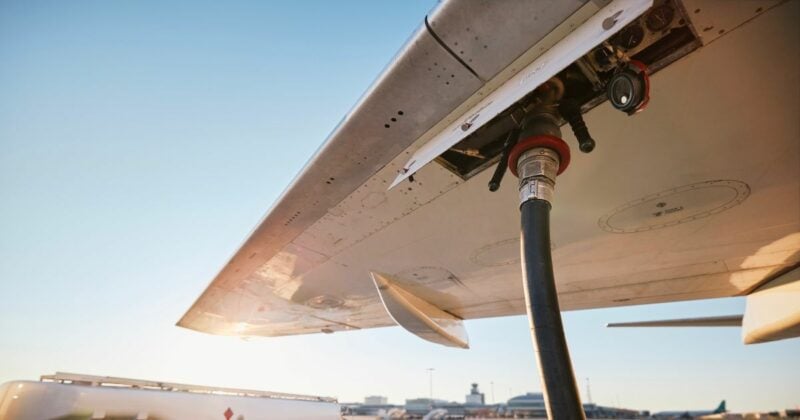Fuel surcharge

As a commodity, fuel is subjected to substantial price fluctuations under diverse social, political, and economic factors. Fuel surcharges allow transport companies to maintain economic stability by covering fuel-related expenses without compromising their profit or operational efficiency. Thus, transport companies often impose fuel surcharges to offset the impact of fluctuating fuel prices.
For some companies, including DHL, fuel surcharges are calculated as a flat rate. This means the percentage of the surcharges to the base rate does not change as the base rate goes up. However, other companies might have an opposite approach to calculating surcharges.
The oil market experienced major disruptions in the past few years due to global geo-political instability. In 2022, fuel prices surged due to the combined impact of global recovery from the Covid-19 pandemic and the ongoing conflict in Ukraine. In response, transport companies increased their fuel surcharge to cope with the rising fuel costs.
The prolonged Red Sea shipping crisis has recently led to a fuel price impact of up to 5-10 percent. This could prompt transport companies to revise their fuel surcharge rates in 2024.
The instability in fuel rates highlights the need for shippers to stay updated with the current fuel surcharge rate.
To do so, check out the resources on the DHL Express website, or contact our sales representatives to receive support.






 English
English